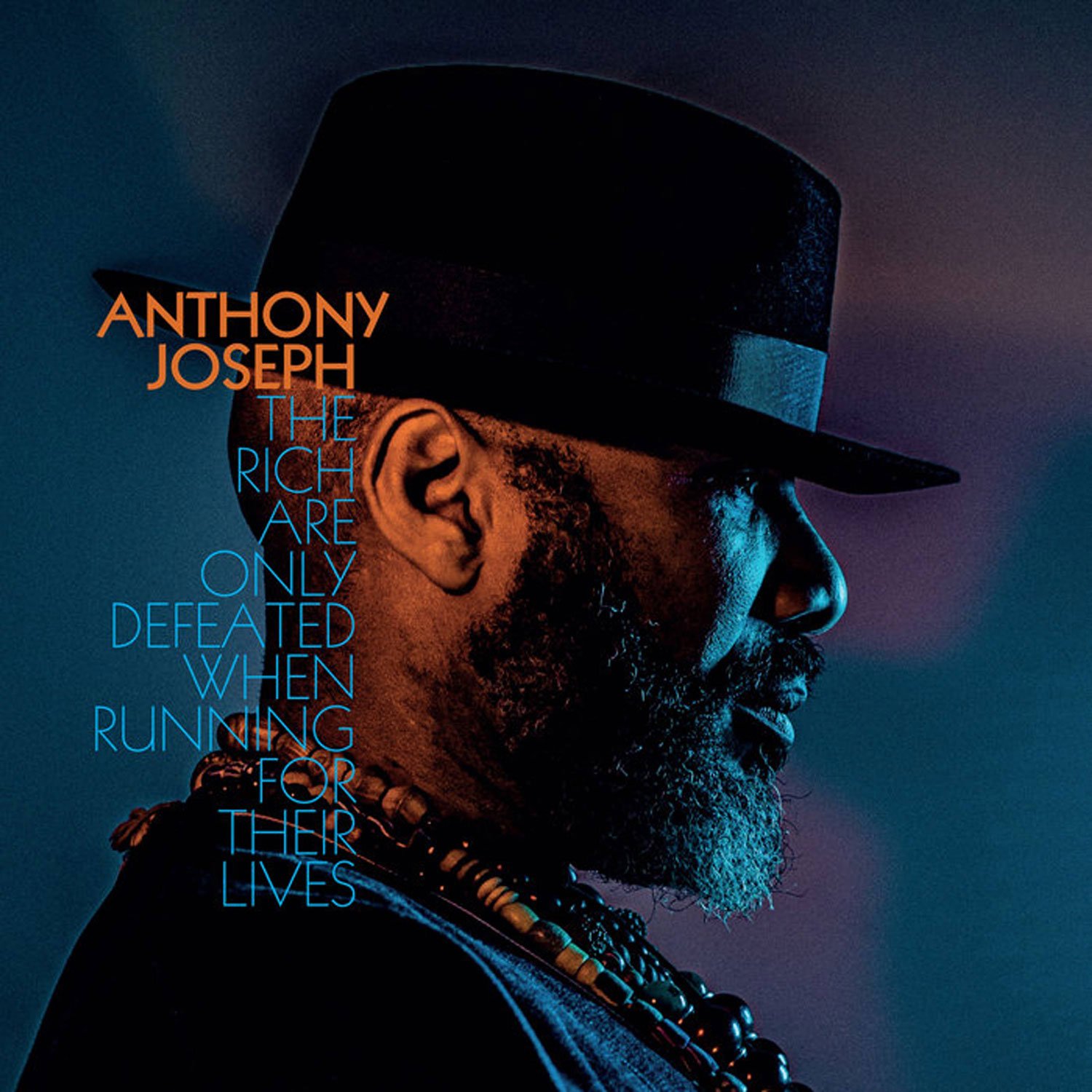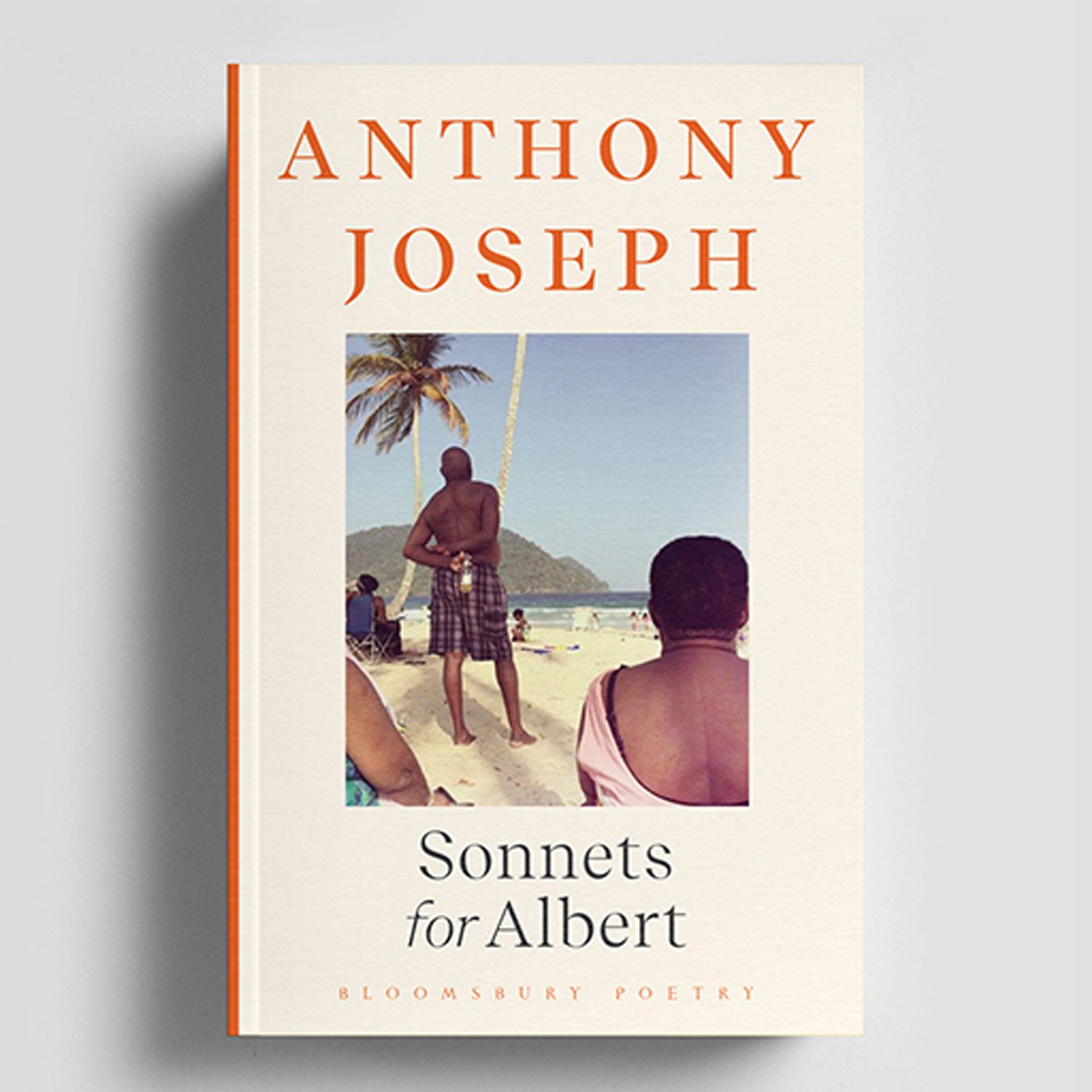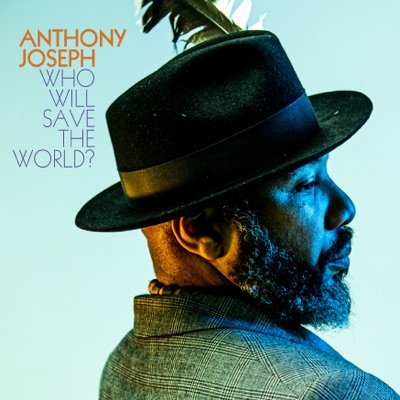Anthony Joseph is a poet, novelist, academic and musician who moved from Trinidad to the UK in 1989. A lecturer in creative writing at Birkbeck College, he is particularly interested in the point at which poetry becomes music.
As well as four poetry collections, a slew of albums, and three novels – most recently Kitch – Joseph has published critical work exploring the aesthetics of Caribbean Poetry among other subjects. He performs internationally as the lead vocalist for his band The Spasm Band. Sonnets for Albert is his first poetry collection since Rubber Orchestras. His most recent album is The Rich Are Only Defeated When Running for Their Lives.
THE CREATIVE PROCESS
So how did these fragments of a life and memory come together in sonnet and song?
ANTHONY JOSEPH
The life of Caribbean people is not really documented. So this idea of Caribbean life being fragmented is something that I've had in my mind for a long time. So when I came to write this collection for my father, I realized that it was the same process and what I had were fragments, especially with him, because he wasn't around in a physical sense all the time. So all I had were little photographs, scattered memories, and remembrances. They're little parts of his life and parts of my experience with him... I never disliked my father. I always loved him and always was fascinated and captivated by him.
My relationship with improvisational music is something that I'm still trying to theorize and trying to understand exactly why it is that it works. So all I know is that, in approaching a poem, it's about form and content. It's about matching process to content. And for me, the act of writing poetry is kind of like a jazz soloist puts together a solo. It's related in that way because as a writer, as a poet, you are always looking for the new. You're looking for something, a new way of saying something. You're using language that everyone uses, but you're always trying to reuse it in an original way. Always trying to have a phrase or metaphor that is new.
*
And that is, I think, a lot of the origin of the way we see the Caribbean and the way we see who we are - and music as well of that time - Calypso. So the Caribbean identity itself, I think, by the time we enter the UK in 1948 under Windrush, by the time that happens, there's a sense of a sense of what Caribbeaness means or what the Caribbean identity is. And there's a point at which it changes. So we move from being - I mean we were Commonwealth, a colonized nation, and we move from being colonized subjects or subjects of the British Empire, and we become immigrants. And there's a change there that happens in that time in the late forties where we become - because we're in the country itself - we become immigrants. And then the struggle for identity begins.
*
I grew up with my grandmother. My grandmother was the most important person in my life as a child. She was the one, she was the rock. And she and my aunt were the ones that really were pivotal figures in my life. And then my mother as well. So between those three women, I guess they taught me a lot about love, you know. A lot about love and a lot about stability. The male figures in my life, who would come in and out my life, taught me other things. They didn't teach me stability, but these three women really taught me love. So I guess at an early age, I realized that relationships were important, that having children and the act of being a father was important, and that you needed a sense of stability for that to happen.
This interview was conducted by Mia Funk and Jacob A. Preisler with the participation of collaborating universities and students. Digital Media Coordinators are Jacob A. Preisler and Megan Hegenbarth.
Mia Funk is an artist, interviewer and founder of The Creative Process & One Planet Podcast (Conversations about Climate Change & Environmental Solutions).


















































































